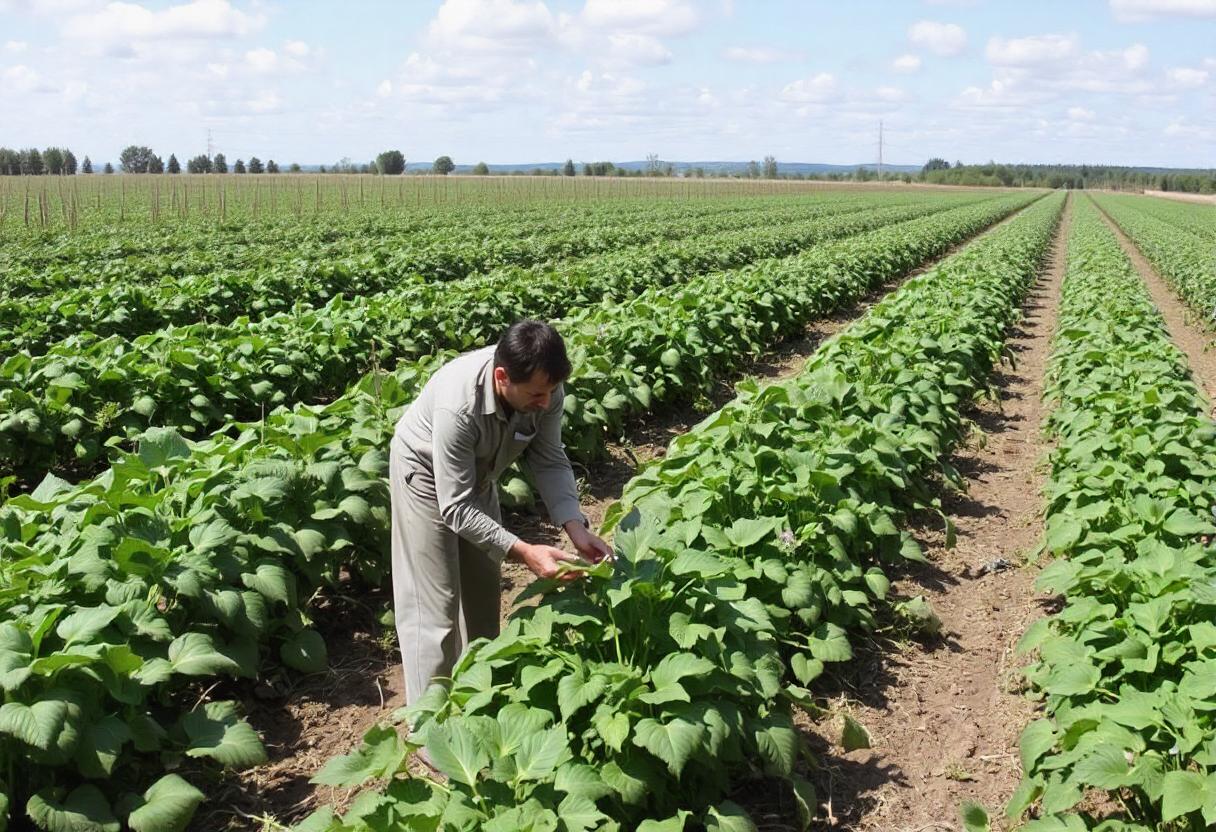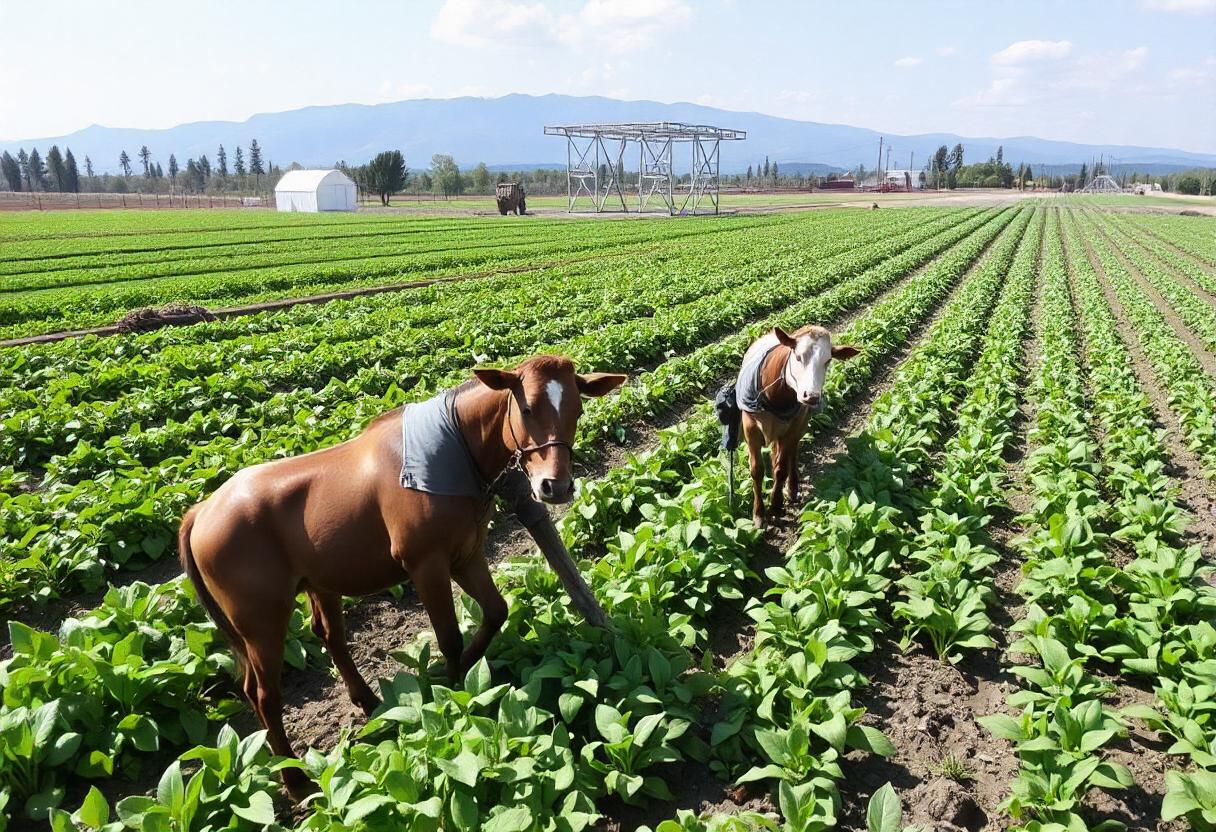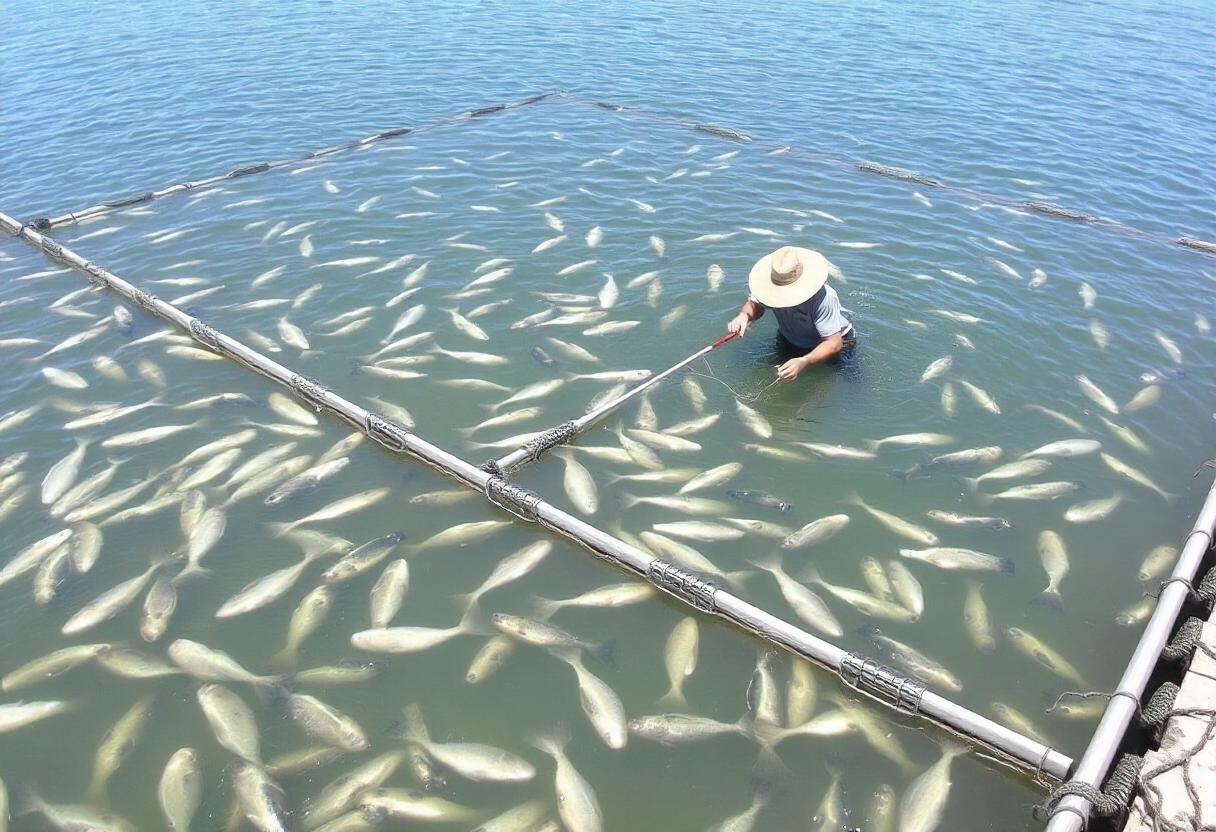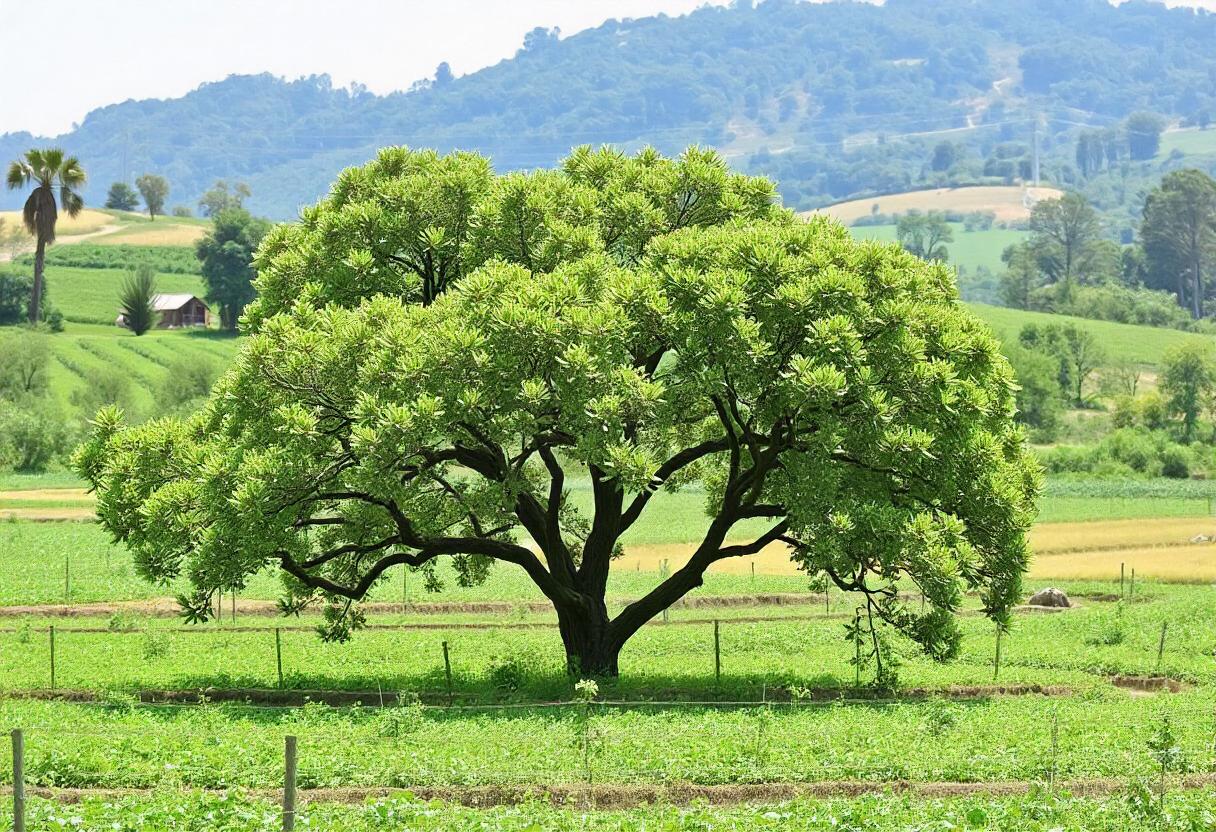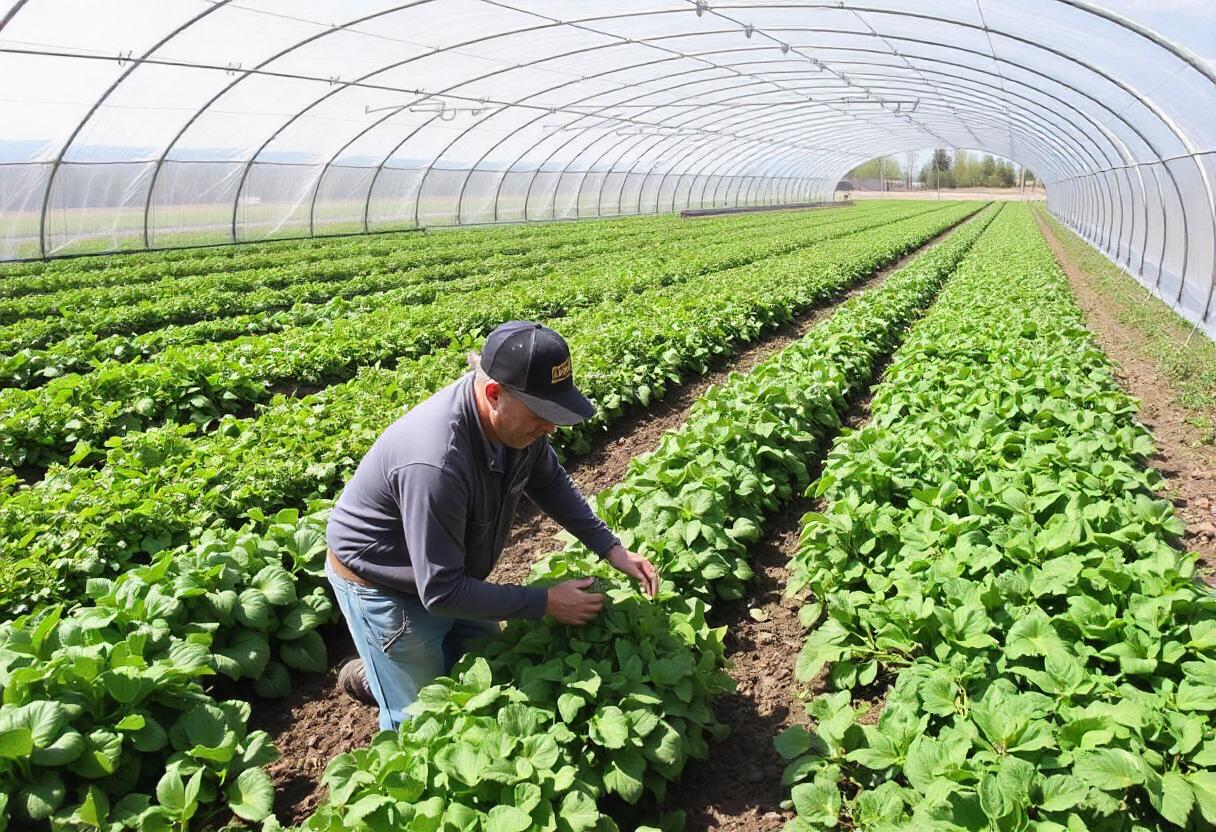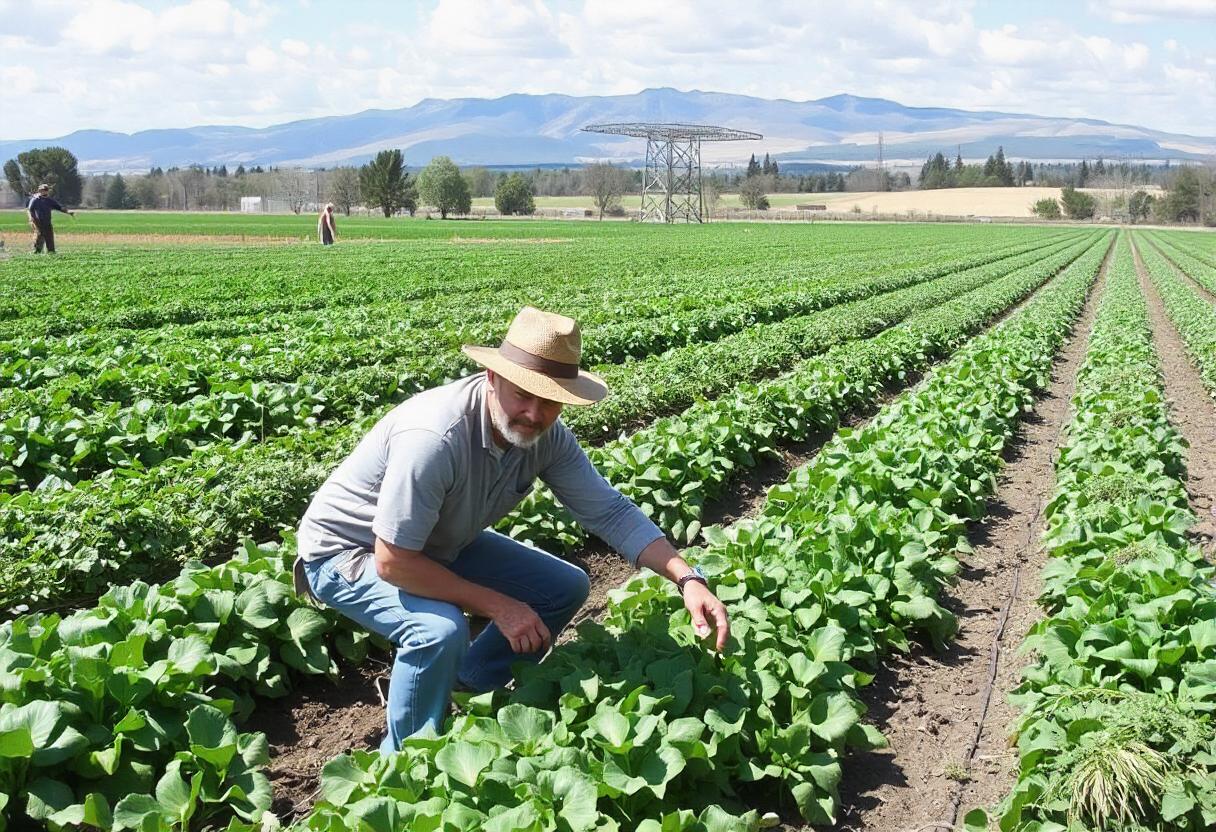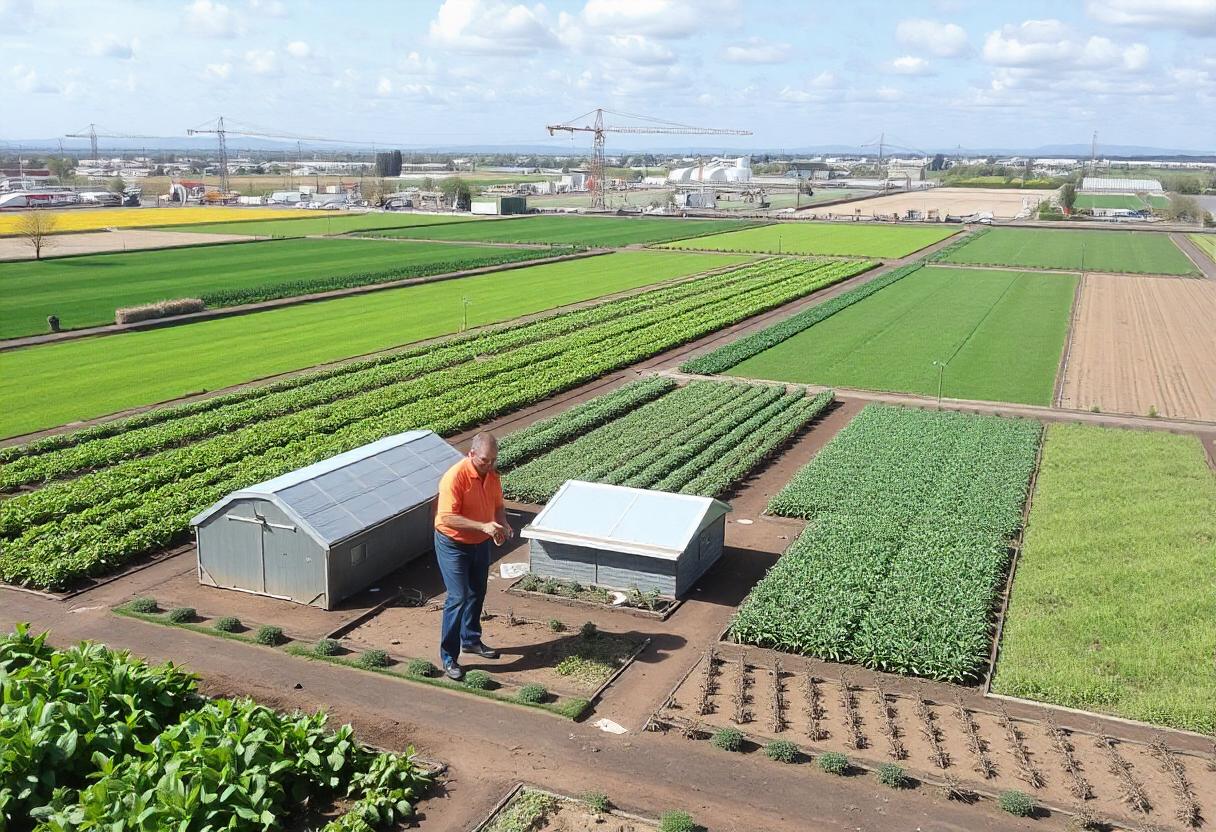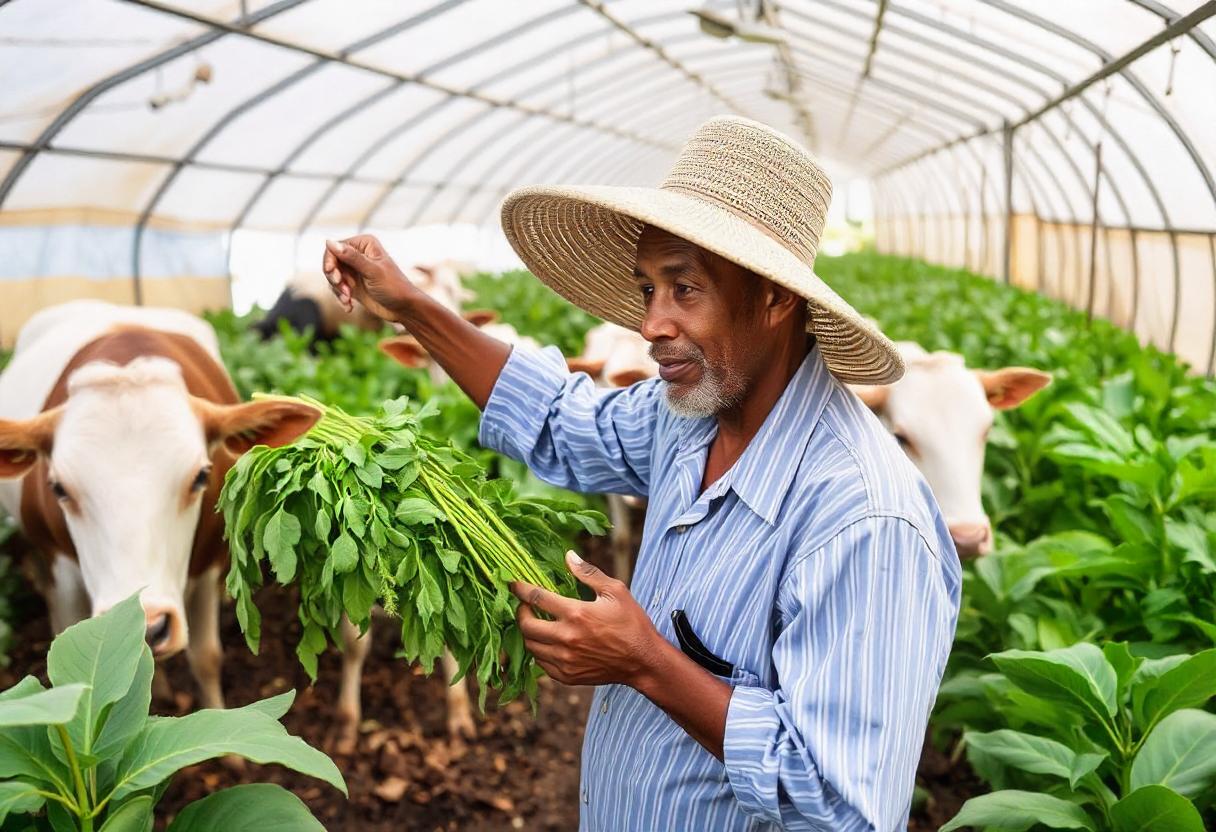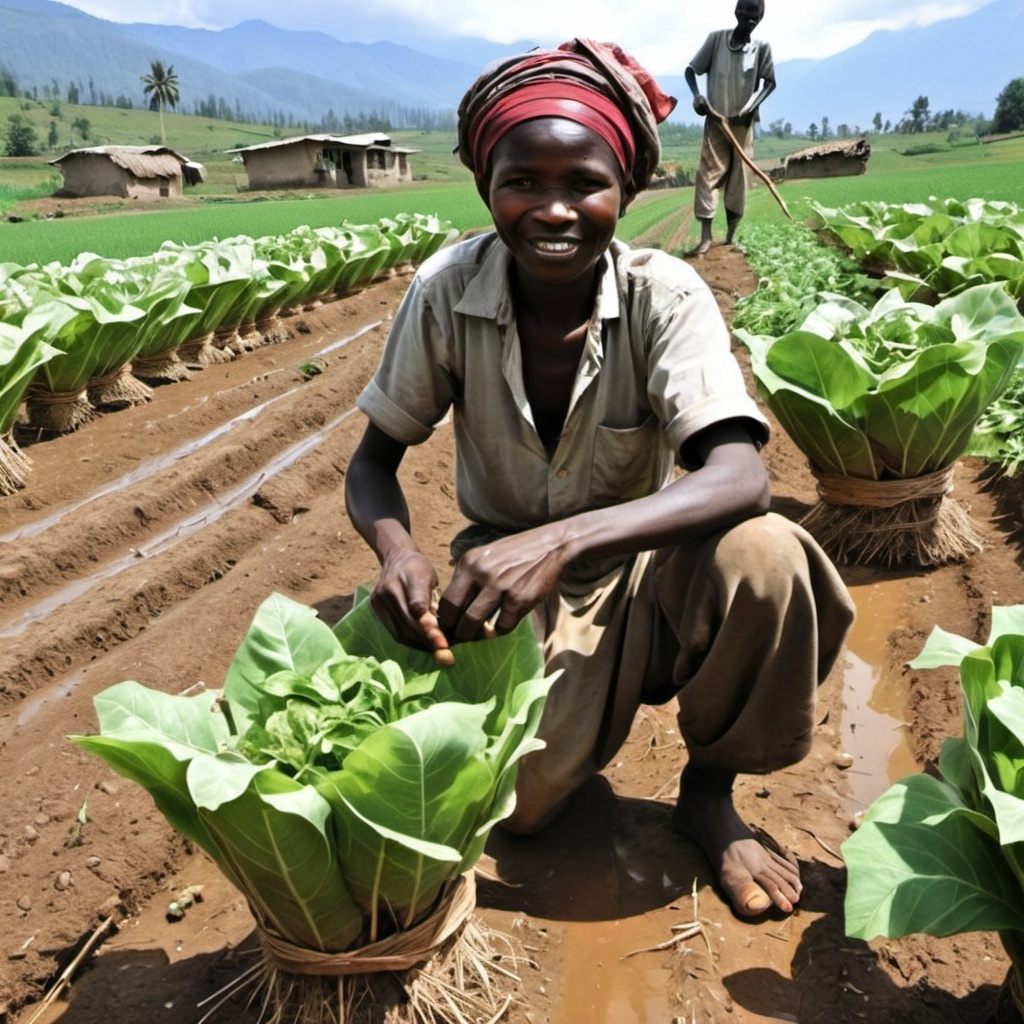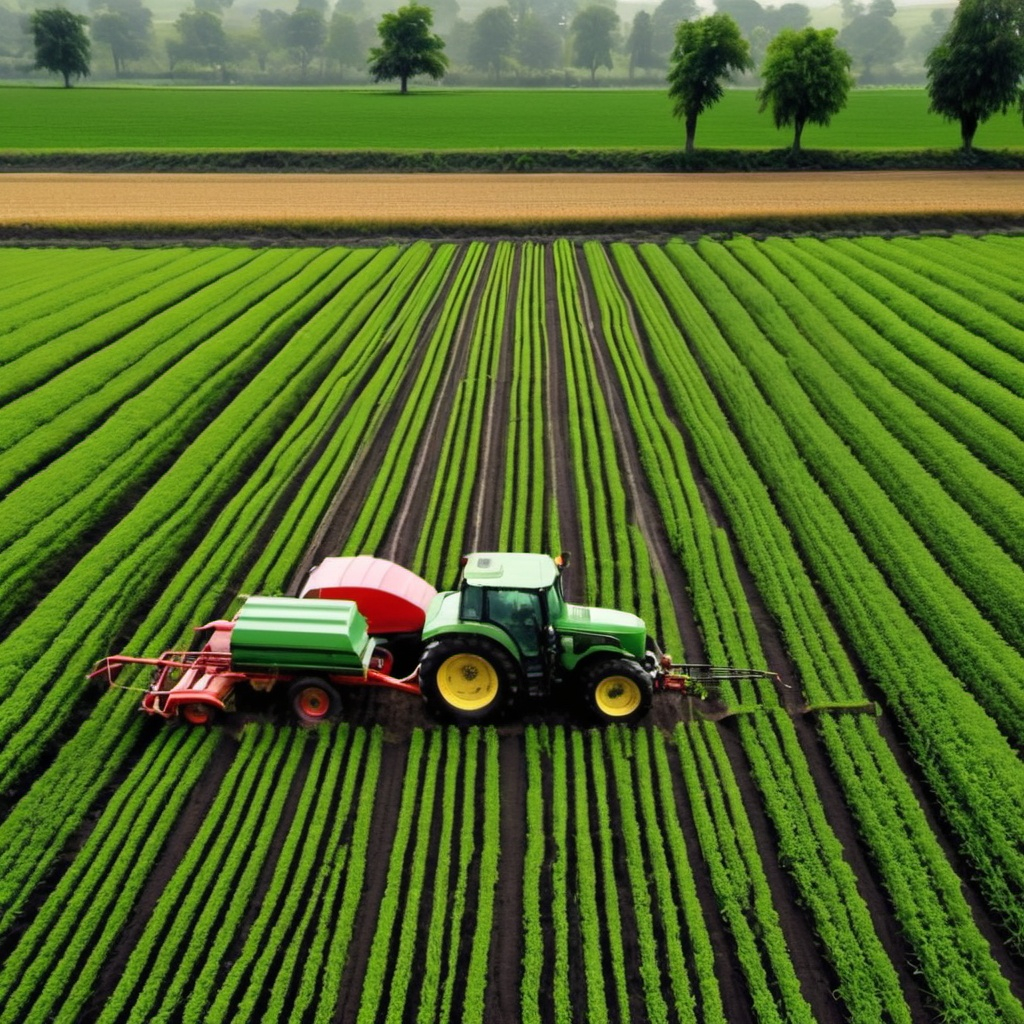Genetically Modified Organisms (GMOs) Practices
Genetically Modified Organisms (GMOs) are living organisms whose genetic material has been altered using genetic engineering techniques to introduce new traits or characteristics. This practice has revolutionized agriculture, medicine, and biotechnology, but it also continues to be a subject of debate regarding its impacts on health,
Learn MoreModern Agricultural Practices
Modern agricultural practices have revolutionized the way we produce food, aiming to meet the growing global population’s needs while also addressing environmental and sustainability concerns. These practices incorporate advanced technologies, innovative techniques, and data-driven approaches to enhance productivity, efficiency, and sustainability in farming. Precision Agriculture One
Learn MoreAquaculture: The Growing Field Of Sustainable Seafood Production
Aquaculture, also known as fish farming or aquafarming, refers to the cultivation of aquatic organisms such as fish, shellfish, algae, and aquatic plants in controlled environments. This practice has become increasingly vital in addressing global seafood demands and alleviating the pressures on wild fish stocks. By
Learn MoreAgroforestry: Integrating Trees Into Farming Systems
Agroforestry is a land management system that integrates trees and shrubs into agricultural landscapes. It combines agricultural and forestry techniques to create more productive, sustainable, and resilient land-use systems. This approach has gained significant attention due to its multiple environmental, economic, and social benefits, especially in
Learn MoreSustainable Agriculture: The Future Of Farming
Sustainable agriculture is an essential approach to farming that seeks to balance the need for food production with the preservation of environmental resources for future generations. It involves a holistic view of farming practices, considering their long-term impact on the ecosystem, biodiversity, and human health, while
Learn MoreOrganic Agriculture: A Sustainable Approach To Farming
Organic agriculture is a farming system that relies on ecological processes, biodiversity, and cycles adapted to local conditions rather than the use of synthetic inputs like chemical fertilizers and pesticides. The practice focuses on sustainability, the health of the environment, and the well-being of the community.
Learn MoreIndustrial Agriculture: A Comprehensive Overview
Industrial agriculture, also known as intensive farming or factory farming, refers to the modern practice of producing large quantities of crops and livestock by utilizing advanced technology, machinery, synthetic fertilizers, and pesticides. This method of agriculture has become the dominant system of food production worldwide, particularly
Learn MoreCommercial Agriculture: A Driving Force In Global Food Production
Commercial agriculture is a large-scale farming operation primarily aimed at producing crops and livestock for sale in domestic and international markets. It plays a crucial role in feeding the world’s growing population, supporting economies, and providing raw materials for industries. Unlike subsistence farming, where farmers grow
Learn MoreSubsistence Agriculture: A Foundation Of Traditional Farming
Subsistence agriculture is a type of farming where the primary focus is on growing food to meet the needs of the farmer and their family. Unlike commercial agriculture, which is driven by market demands and the goal of profit, subsistence farming centers on self-sufficiency. Farmers grow
Learn MoreTypes Of Agriculture: A Comprehensive Overview
Agriculture is the backbone of many economies, providing food, raw materials, and livelihoods to a large portion of the global population. Over time, agricultural practices have evolved, adapting to the environment, technological advancements, and societal needs. These diverse methods can be broadly categorized into several types,
Learn More